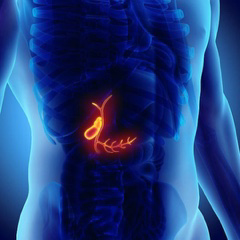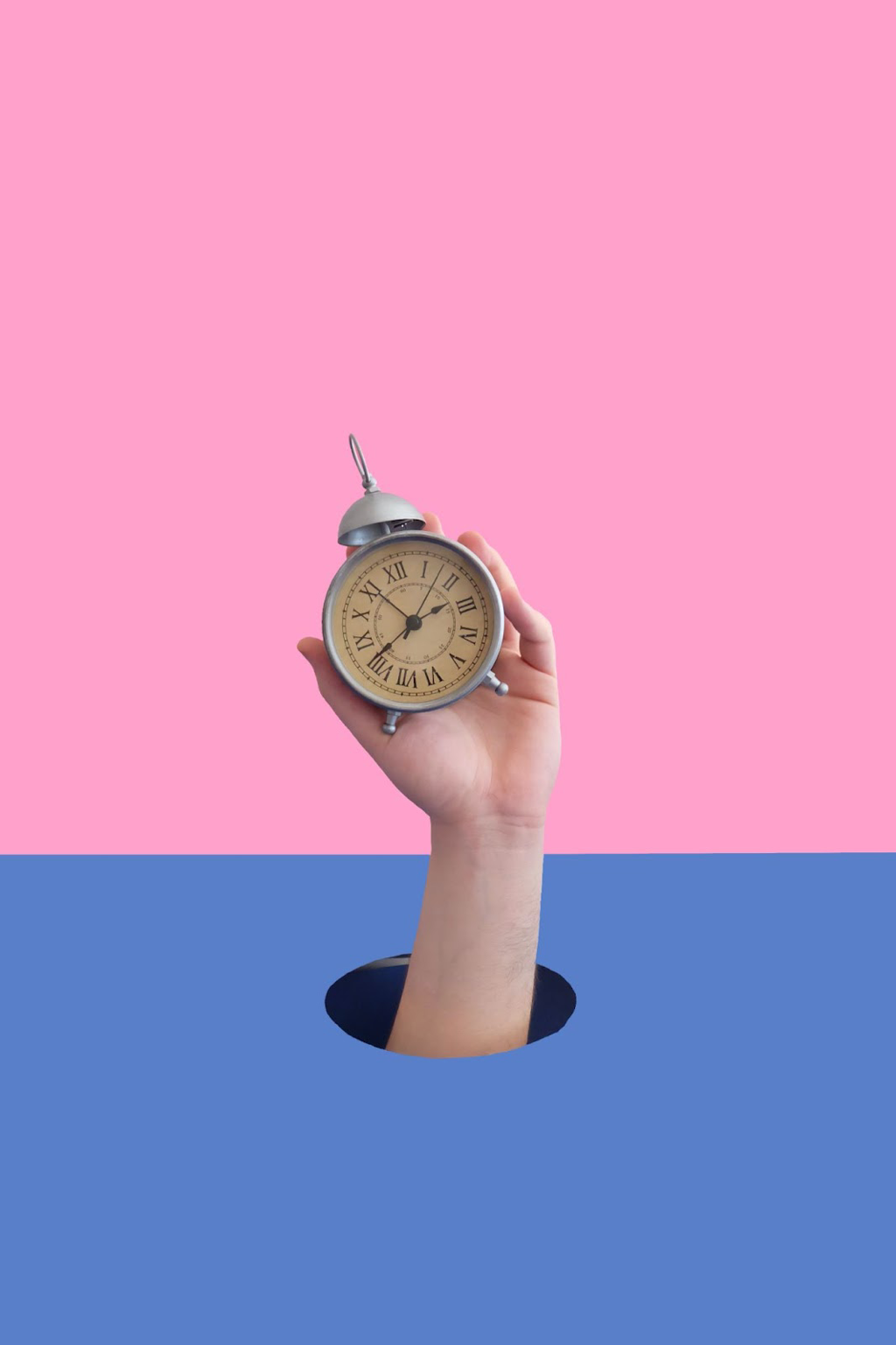|
So often we are taught that our health is in silos - meaning, only one organ does one thing, and it’s not an integrative system. What if I told you that our stress hormones affect the gallbladder? And what the heck is the gallbladder anyway? The gallbladder helps us to emulsify fat and produce bile salts. Anything that has fat that needs to be digested into a more water-soluble form, basically. Why should you care about it? Well, all of our hormones are made from fat. So if we’re stressed, it stands to reason that we will also be needing more fat to make more stress hormones. That means our little gallbladder has to work overtime. And for some people that doesn’t always equal good things. It can highlight where it is more difficult for our gallbladder to actually do that work entirely - that our body might not like doing fat digestion at that rate. The bile salts can become sludge-like, crystallise (form into solids) and form stones. Those stones can get stuck in a duct that moves bile into the small intestine. That means pain for you, infection, and inflammation. So you’re not only stressed but you are feeling bloated, short of breath, a sore upper back, heartburn and heart palpitations. It doesn’t mean we can necessarily avoid the stress that our body is interpreting and making all of that hormone. We can however help our body manage that more easily with a few simple actions:
1 Comment
Question: My digestion has changed a lot since the pandemic. Can you tell me about it?
Answer: Okay, this is a great question. I like to call this the Time Warp. Stress affects our gut. Sometimes it isn’t direct, and I have seen a delay of 6 months to a year until things change. How is this happening? When we have elevated stress hormones, like cortisol and adrenaline, they increase the activity of parts of our system responsible for inflammation (which in the short term, actually help with stress). They also suppress our immune system functioning temporarily so we can handle what is most important. Over a longer period of time, suppressed immunity makes us more susceptible to infection, more sensitive to inflammation, and more unable to manage what we normally can (crappy food, detoxification through the kidneys and liver, lowered vitamins, poor sleep etc). Our digestive tract then has more to handle and manage with less resources to do so. So, if we can’t completely eliminate the message of stress, where do we begin? Normally we begin in 2 places at once: 1. Support fatigued immunity 2. Reduce inflammatory triggers There are herbal supports that help to boost a very fatigued immune system (like medicinal mushrooms, or certain cortisol-managing herbs that help to calm down the stress response). However, because it takes awhile to give the body the message that it will be okay, we also have to take away things that might be temporarily difficult to digest. These include things like high fat foods, processed foods, gluten, dairy, soy, or any food that is high in the potential to release histamine (which increases inflammation). Getting to sleep, drinking lots of water, and minimising things that fatigue you mentally or emotionally are also included in this process, which is unique for everyone. So the next time you think your gut is all to blame, think again! It’s just trying to help, and the sooner we create safety in the body and self, the happier it will become. Our team of Naturopaths at Dalhousie Heath and Wellness are ready to help you with your Covid-related time warp fatigue! |
Archives
May 2024
|



 RSS Feed
RSS Feed